Education: The Foundation of Personal and Societal Growth
Education is one of the most fundamental aspects of human development, shaping individuals and societies in profound ways. It serves as a cornerstone for intellectual, social, and economic progress, offering individuals the tools to navigate and contribute to an ever-changing world. From early childhood education to lifelong learning, the impact of education extends beyond classrooms, influencing the very fabric of communities, economies, and cultures. This article explores the importance of education, its evolution, challenges, and its pivotal role in shaping the future.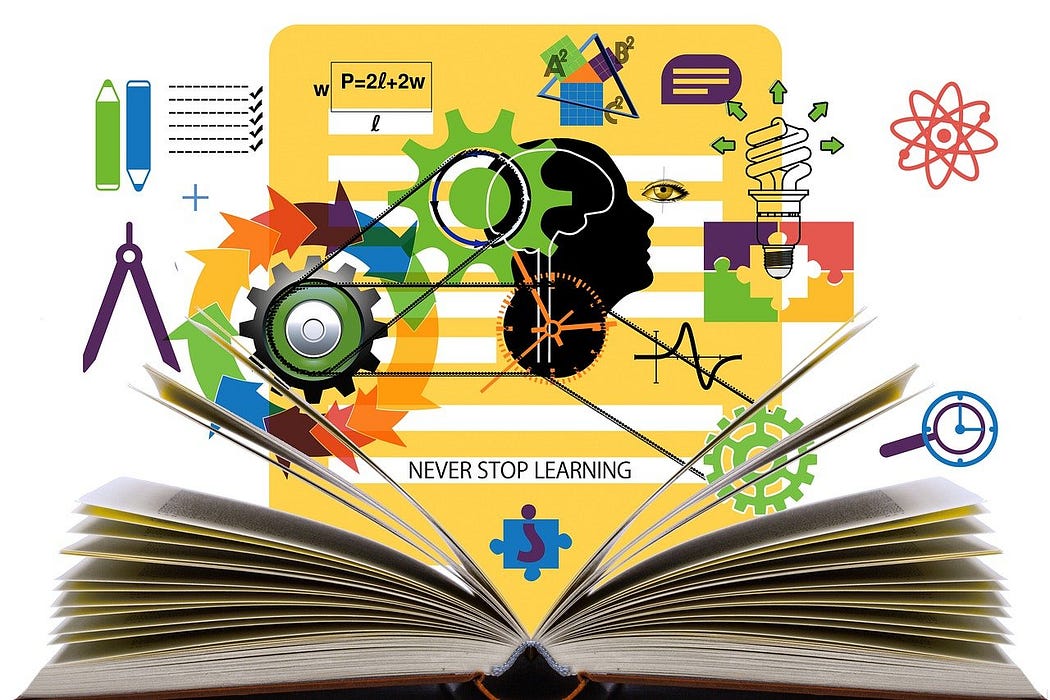
What Is Education?
Education is the process of acquiring knowledge, skills, values, and habits through various methods such as teaching, training, research, or practical experience. It is not limited to formal schooling; informal education through family, peers, and life experiences plays an equally vital role in a person’s development.
At its core, education is about more than academic knowledge. It fosters critical thinking, creativity, and problem-solving skills while promoting emotional intelligence, empathy, and moral values. Whether delivered through traditional classrooms or modern digital platforms, education prepares individuals to face the complexities of life with confidence and competence.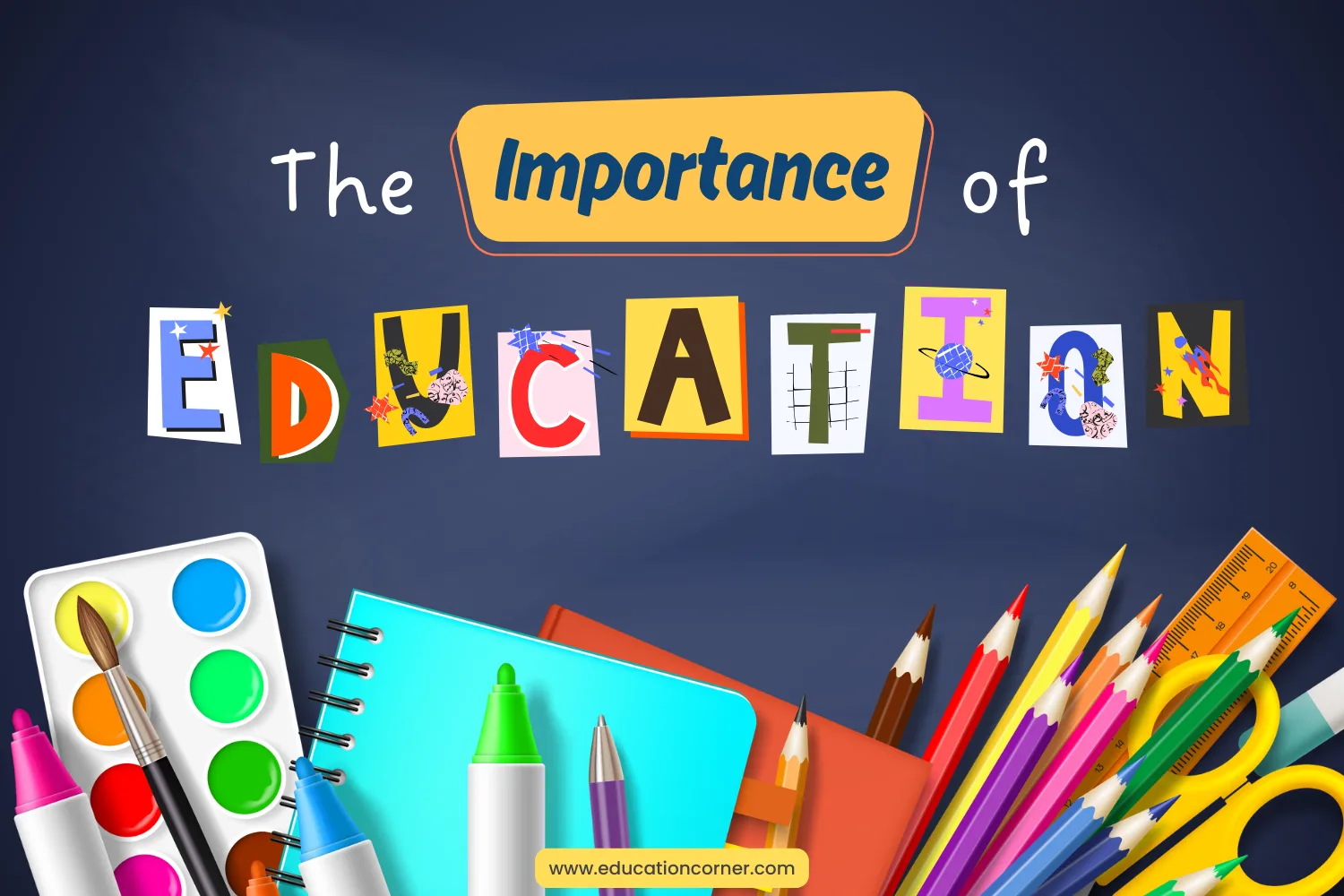
The Historical Evolution of Education
Education has existed in various forms since the dawn of human civilization. In ancient societies, knowledge was passed down orally, with elders teaching younger generations essential survival skills and cultural traditions. Over time, education became more formalized, as seen in the establishment of schools in ancient Mesopotamia, Egypt, and Greece.
The rise of organized religions played a significant role in the development of education systems. Monastic schools in medieval Europe and madrasas in the Islamic world preserved and disseminated knowledge. Similarly, ancient India and China developed sophisticated educational traditions centered on philosophy, mathematics, and science.
The invention of the printing press in the 15th century revolutionized education by making written material widely available. This innovation paved the way for the Enlightenment and the subsequent rise of public education systems in the 19th century. Education became increasingly democratized, with governments recognizing its importance for economic development and social stability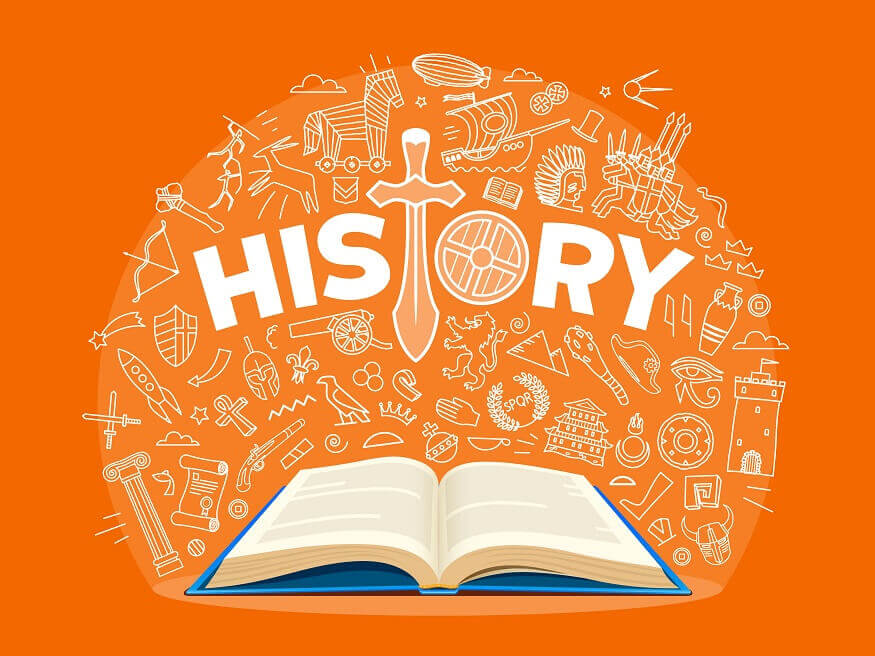 .
.
The Role of Education in Personal Development
Education is a transformative force in personal growth, shaping individuals into informed, capable, and ethical members of society. It empowers people by enhancing their intellectual and emotional capabilities, fostering self-awareness, and developing critical thinking skills.
-
Cognitive Development: Education helps individuals acquire foundational skills such as literacy and numeracy, which are essential for navigating daily life. Beyond basic skills, it nurtures higher-order thinking, enabling people to analyze, evaluate, and create.
-
Emotional and Social Skills: Education fosters emotional intelligence and interpersonal skills, helping individuals build meaningful relationships and contribute positively to their communities. Schools, colleges, and training programs often serve as spaces for social interaction and collaboration.
-
Cultural and Moral Values: Education is a conduit for transmitting cultural heritage, traditions, and ethical values. It instills a sense of identity and belonging while teaching respect for diversity and empathy toward others.
-
Economic Opportunities: Education opens doors to employment and career advancement, equipping individuals with the skills needed to thrive in competitive job markets. It is a key driver of upward social mobility, helping people break free from cycles of poverty.
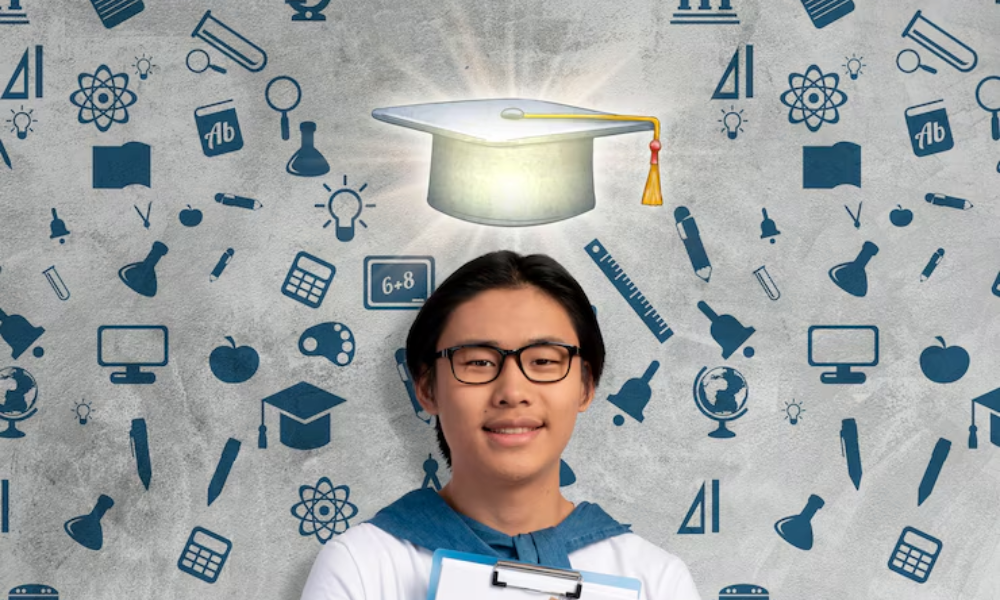
The Societal Impact of Education
The influence of education extends far beyond individuals, shaping the social, economic, and cultural dynamics of societies.
-
Economic Development: Education is a cornerstone of economic growth, fostering innovation and productivity. Skilled and educated workforces drive industries, create jobs, and contribute to national prosperity. Countries with strong education systems often enjoy higher levels of economic stability and competitiveness.
-
Social Equality: Education is a powerful tool for promoting social equity and reducing inequality. Access to quality education helps marginalized groups overcome barriers, providing them with opportunities to participate fully in society.
-
Health and Well-being: Educated individuals tend to make informed decisions about their health and well-being. Education also contributes to public health by raising awareness about hygiene, nutrition, and disease prevention.
-
Democracy and Governance: Education plays a crucial role in nurturing informed and engaged citizens. It promotes critical thinking, media literacy, and an understanding of civic responsibilities, enabling people to participate actively in democratic processes.

Challenges in Modern Education
Despite its transformative potential, education faces numerous challenges in the modern world:
-
Access and Inequality: Millions of children worldwide lack access to quality education due to poverty, geographic barriers, or conflict. Gender disparities, particularly in developing countries, further exacerbate the problem.
-
Outdated Curricula: Many education systems still rely on traditional, rote-based methods that do not align with the needs of the 21st century. Curricula often fail to emphasize critical thinking, creativity, and digital literacy.
-
Technological Gaps: While technology has revolutionized education, the digital divide prevents equal access to online learning resources. Students in rural or underserved areas often lack reliable internet connectivity and devices.
-
Teacher Shortages and Training: Many regions face shortages of qualified teachers, while others struggle to provide educators with adequate training and resources to meet modern demands.
-
Mental Health and Well-being: The increasing pressure to perform academically, coupled with the challenges of social media and competition, has led to a rise in mental health issues among students.
Innovations in Education
The field of education is rapidly evolving, driven by technological advancements and innovative approaches:
-
E-Learning and Digital Platforms: Online education platforms like Coursera, Khan Academy, and edX have made quality education accessible to millions. Virtual classrooms and learning management systems enable remote and flexible learning.
-
Personalized Learning: Adaptive technologies use data to tailor educational experiences to individual students’ needs, enabling them to learn at their own pace.
-
STEM Education: Science, Technology, Engineering, and Mathematics (STEM) education equips students with skills crucial for the modern workforce, fostering innovation and problem-solving abilities.
-
Project-Based Learning: This hands-on approach emphasizes real-world applications, encouraging students to collaborate and think critically while solving complex problems.
-
Global Classrooms: International collaboration and cultural exchange programs are bridging gaps, fostering mutual understanding, and preparing students for a globalized world.
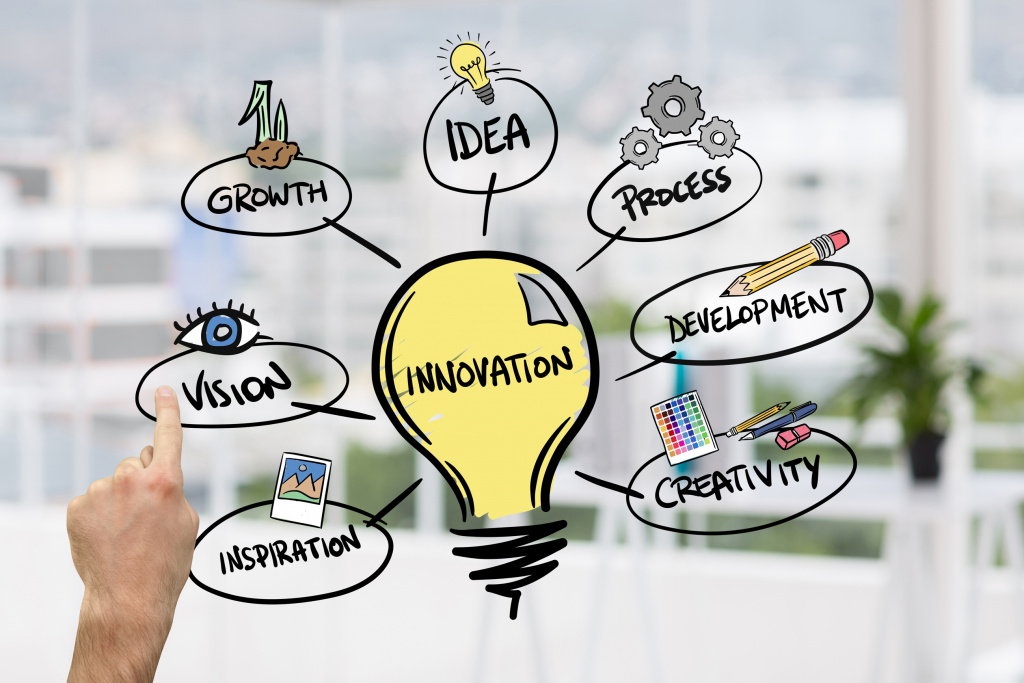 The Future of Education
The Future of Education
As we look toward the future, education must continue to adapt to the changing needs of society. Key trends include:
-
Emphasis on Lifelong Learning: The rapid pace of technological change necessitates continuous skill development. Education systems are shifting from a one-time process to a lifelong journey.
-
Incorporating Artificial Intelligence: AI has the potential to revolutionize education by providing personalized learning experiences, automating administrative tasks, and enhancing teacher-student interactions.
-
Sustainability Education: With climate change and environmental issues becoming urgent, education systems are focusing on teaching sustainability and environmental stewardship.
-
Focus on Emotional Intelligence: Future education will place greater emphasis on social and emotional learning, equipping students with the skills needed to navigate complex interpersonal and societal challenges.
-
Equity and Inclusivity: Efforts to bridge gaps in access, gender, and resources will continue, ensuring that education remains a universal right rather than a privilege.
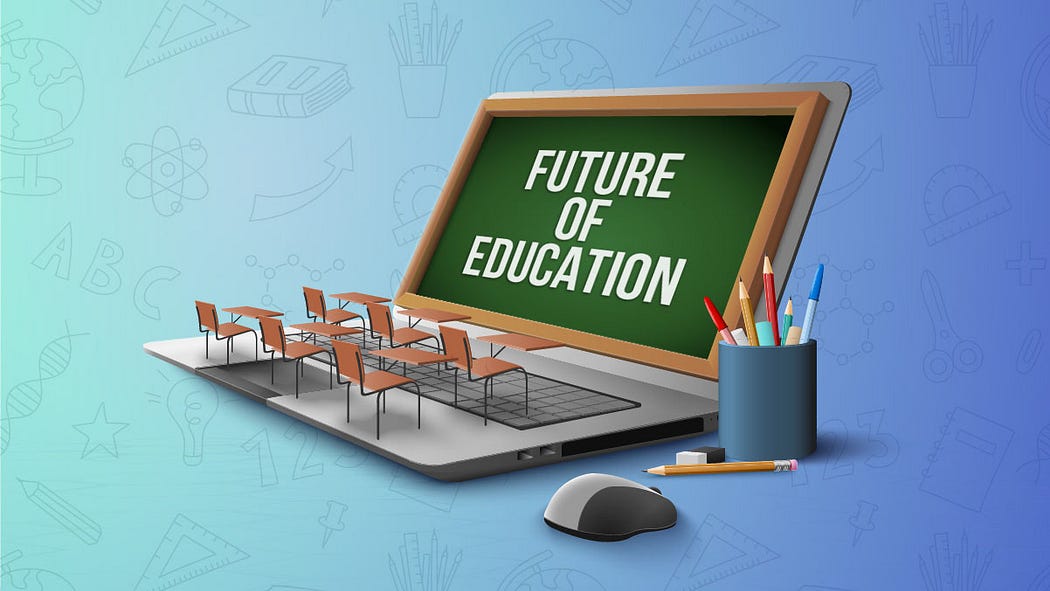



You must be logged in to post a comment.